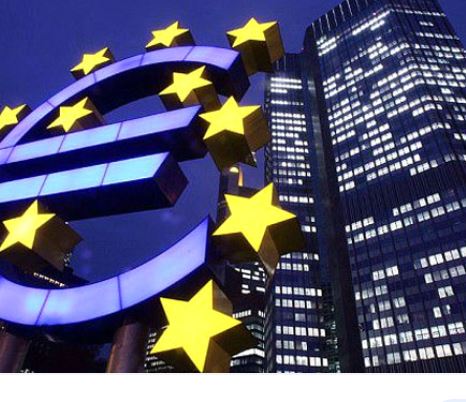
The closely watched Consumer Price Index (CPI) rose 3.1 per cent from a year ago in January, down from 3.4 per cent in December, the Department of Labor said, while analysts had tipped the rate could fall below 3.0 per cent.
Meanwhile, the “core” CPI reading that excludes volatile food and energy prices and is more important to policymakers, was steady at a 3.9 per cent annual increase.
The US Federal Reserve has indicated it will likely begin to cut interest rates – which it began to hike in 2022 to tame surging inflation – later this year as the pace of price rises returns closer to its 2.0 percent target. That has heightened the attention of investors to US inflation data.
“The January inflation report came in hot across the board and that has the potential to spook investors after a big rally over the last few months,” said eToro analyst Bret Kenwell.
Stocks have been propelled to new heights in recent months as investors anticipate a drop in interest rates which will boost the fortunes of companies, as well as the blockbuster performance of the US tech industry thanks to the boom in artificial intelligence.
Patrick O’Hare at Briefing.com said that “the hotter-than-expected CPI may give investors an excuse to take profits in a market that many feel is overbought on a short-term basis.”
Wall Street’s main indices fell by more than one per cent, with the Dow shedding 1.1 per cent from a record high.
Europe stocks closed down almost one per cent.
Traders had been hoping that Tuesday’s CPI reading in the world’s biggest economy would give the Federal Reserve room to lower interest rates.
Last month, Fed chief Jerome Powell indicated a continuation in the trend of falling inflation was sufficient for the US central bank to begin cutting interest rates later this year, but downplayed the likelihood of a March cut that the market had been hoping for.
“Hopes for a Fed March rate cut have all but disappeared with the market now pricing in a 53 percent probability of a first cut being seen in June,” said market analyst Axel Rudolph at online trading platform IG.
In Asia, most of the region returned to work after a long weekend. Tokyo led advances thanks to a surge in shares of Japanese investment group SoftBank, which was boosted by another blockbuster day for its US-listed chip designer Arm.
Arm has almost doubled in value in the past week — and trebled since its September listing — owing to healthy demand for semiconductors fuelled by an expected boom in artificial intelligence.
Bitcoin topped $50,000 Monday for the first time since late 2021 as investors grew optimistic that US approval of broader trading in the unit will ramp up demand.
The cryptocurrency has enjoyed a strong run in recent months, fuelled by expectations US lawmakers would allow the creation of exchange-traded funds (ETFs) that track the price and let the public invest in crypto without directly purchasing it.
After initially dropping in reaction to last month’s green light by Washington, bitcoin has rallied about 25 per cent since January 22.
AFP





